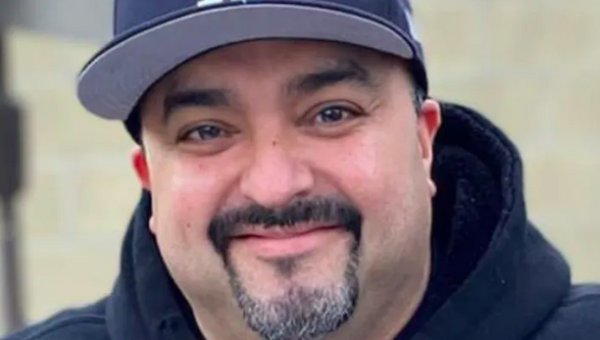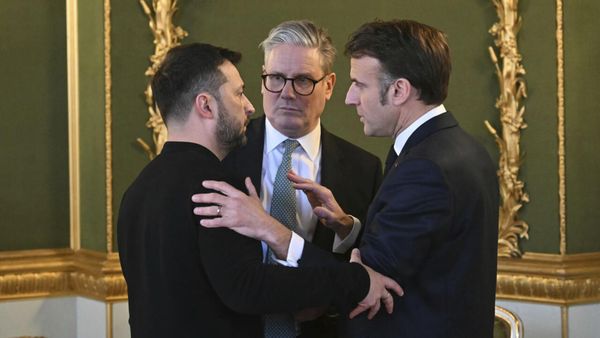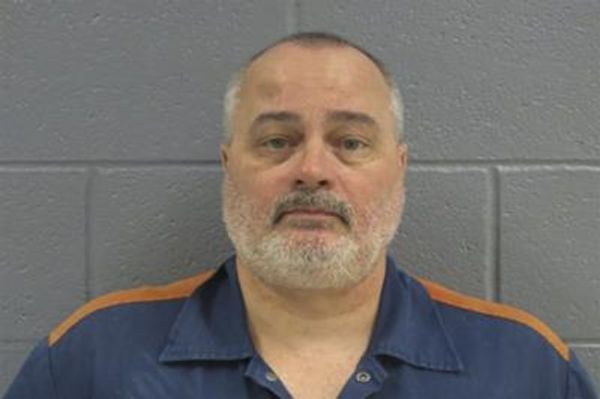Lebanon's judiciary is seeking to appoint a second judge to a stalled inquiry into the Beirut port explosion, sources inside the judiciary say, highlighting deep divisions in the country's political class over efforts to investigate the tragedy that killed more than 200 people, including a two-year-old Australian boy.
Judge Tarek Bitar's investigation into the 2020 explosion, which flattened large parts of the city when hundreds of tonnes of ammonium nitrate detonated at the port, has been suspended since late 2021 due to lawsuits brought by politicians he has sought to question.
That has left him unable to summon suspects or press charges, but also means individuals detained after the blast have remained in custody.
In a letter dated Monday, Justice Minister Henry Khoury urged Lebanon's Higher Judicial Council to appoint a separate judicial investigator "to work on urgent and necessary matters" in the case.
The appointee would stay in place "as long as the original investigator cannot carry out his missions" according to the letter, which cited some detainees' deteriorating health as the driver for the request.
The Judicial Council agreed to the plan, and Mr Khoury is now set to propose candidates, a senior judicial source said, adding that the new judge would not be empowered to charge suspects.
Mr Khoury did not respond to a request for comment.
Judges in Lebanon are often subject to influence from the governing elite, whose tradition of dividing up power along sectarian lines has been instrumental in plunging the country into its worst political and economic crisis in decades.
Judge Bitar is already the second judge to have led the domestic investigation into the explosion, having succeeded Judge Fadi Sawan in February 2021.
Judge Sawan was dismissed from the case by Lebanon's Court of Cassation after he charged three ex-ministers and the outgoing prime minister with negligence over the explosion, following a request from two of the ministers he charged.
A second judicial source told Reuters that Judge Bitar considered this week's move to appoint a simultaneous investigator "illegal", would not step down from his role and was keen to return to investigating in full.
The August 4, 2020 explosion occurred when more than 2000 tonnes of highly explosive ammonium nitrate, a chemical commonly used as fertiliser but with the potential to be used in high-grade explosives, detonated at the port.
It later emerged that the ammonium nitrate had been shipped to Lebanon in 2013 in unusual circumstances, and had been stored improperly at a port warehouse in the years leading up to the explosion.
Senior political and security officials knew of the chemical's presence in the warehouse, but nothing was done to secure it amid layers of bureaucracy and buck-passing between the government, security services and port officials.
Victims' relatives condemn move
The move to appoint a second judge was swiftly condemned by relatives of the blast's victims, who gathered outside the justice ministry in Beirut on Wednesday to protest the plan.
They accused politicians of compromising the investigation by keeping it suspended while still releasing some detainees, in effect stripping Judge Bitar of his powers.
"Today this is a small part of this ridiculous scenario that started two years ago," said Michael Awad, whose three-year-old granddaughter Alexandra was killed in the blast.
"We are with those people who are innocent inside the prison. But I think also as victims of the families, we are on the top of the list of justice," he said.
"They should start with us first and then they can proceed with that with whatever they want."
"Shame on every official… playing this game," added Mireille Khoury, who lost her teenage son Elias.
"I'm imprisoned in this life for good."
Australian woman Sarah Copland, whose two-year-old son Isaac was killed in the explosion as he sat in his high chair in their Beirut apartment, also denounced the move.
She renewed her call for an independent international investigation into the incident, and for a joint statement calling out Lebanese authorities to be issued at the UN Human Rights Council.
"What further proof does the international community need that justice for the Beirut blast victims won't be served by the domestic Lebanese investigation?" Ms Copland wrote on Twitter.
"Stop telling victims it 'isn't the right time' and take action at the @UN_HRC sitting this September. We've waited long enough."







